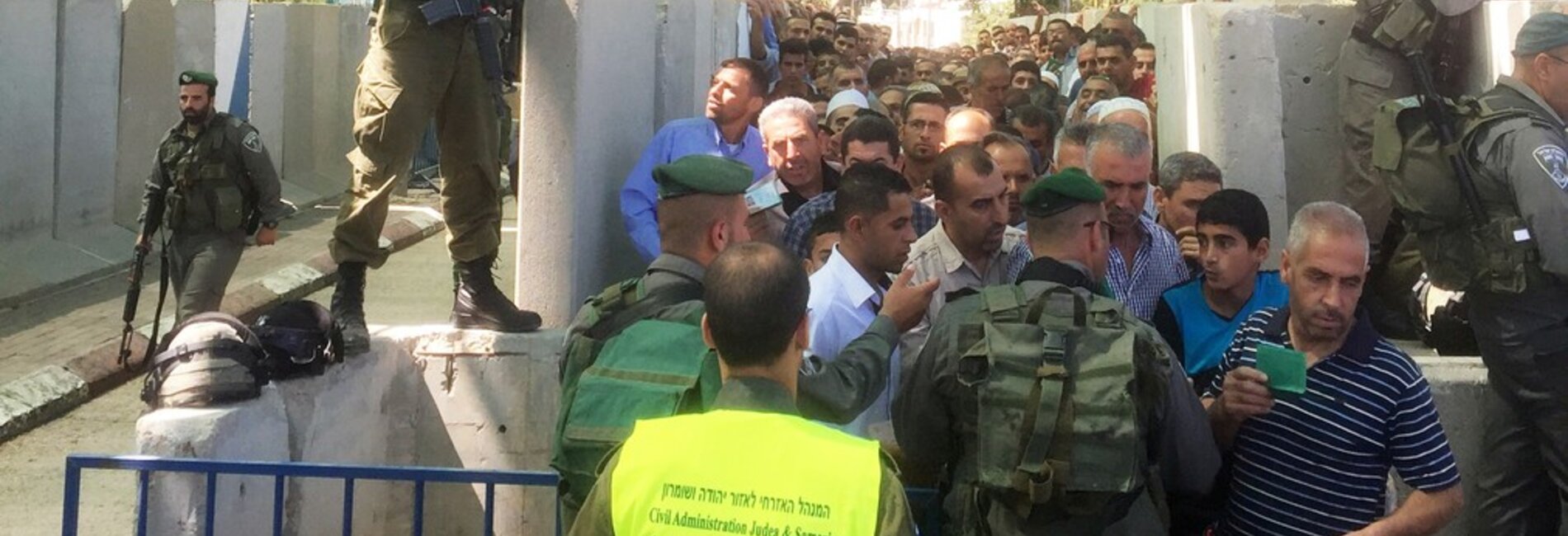The Monthly Humanitarian Bulletin | July 2015
Significant decline in Israeli-Palestinian violence and resulting casualties across the OPT during the first half of 2015, compared with the previous six months. Heightened threats of demolition and forcible displacement in two herding communities in Area C of the West Bank. Over 275,000 Palestinians allowed into East Jerusalem for the Friday Prayers of Ramadan; some restrictions reinstated following Palestinian attacks.
* Due to variation in the reporting periods of specific sections, from July 2015, the month indicated in the Humanitarian Bulletin’s title will reflect the month of issuance rather than the reporting period of the contents.










